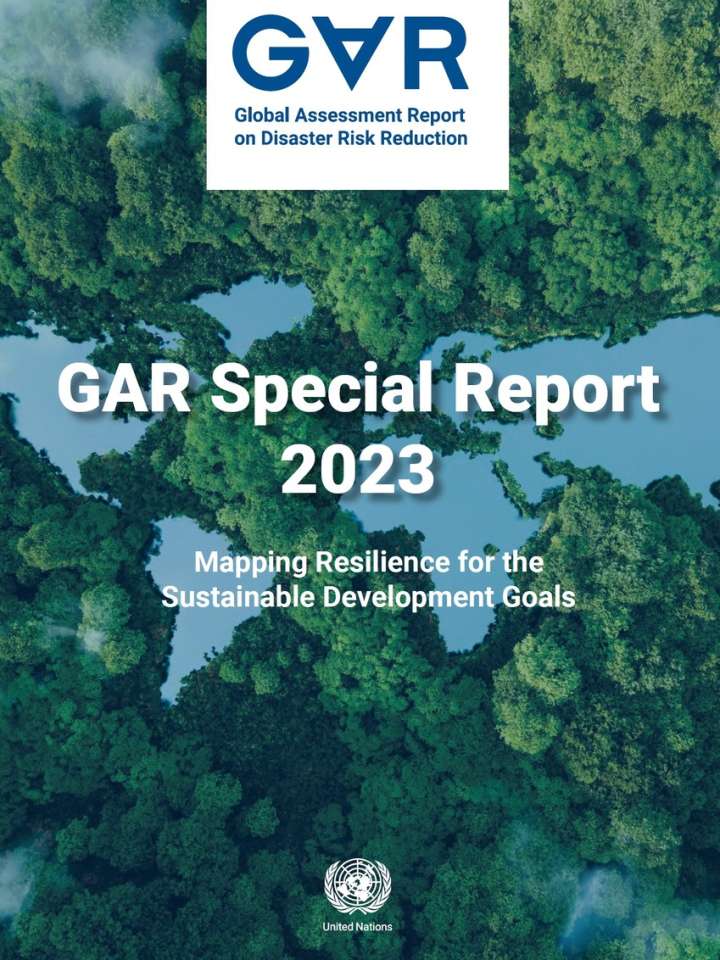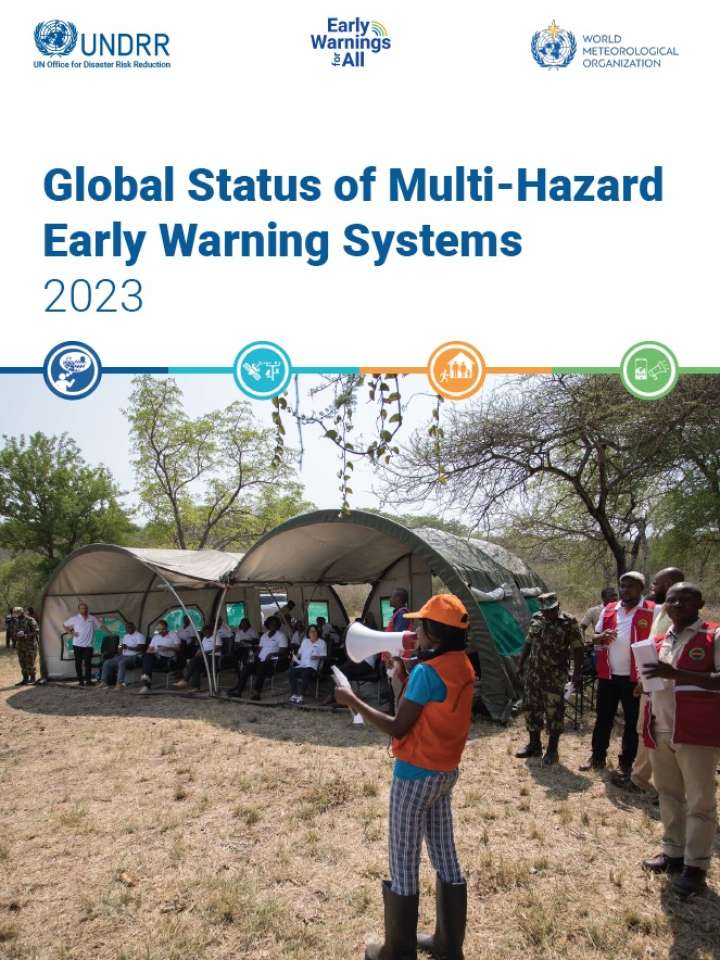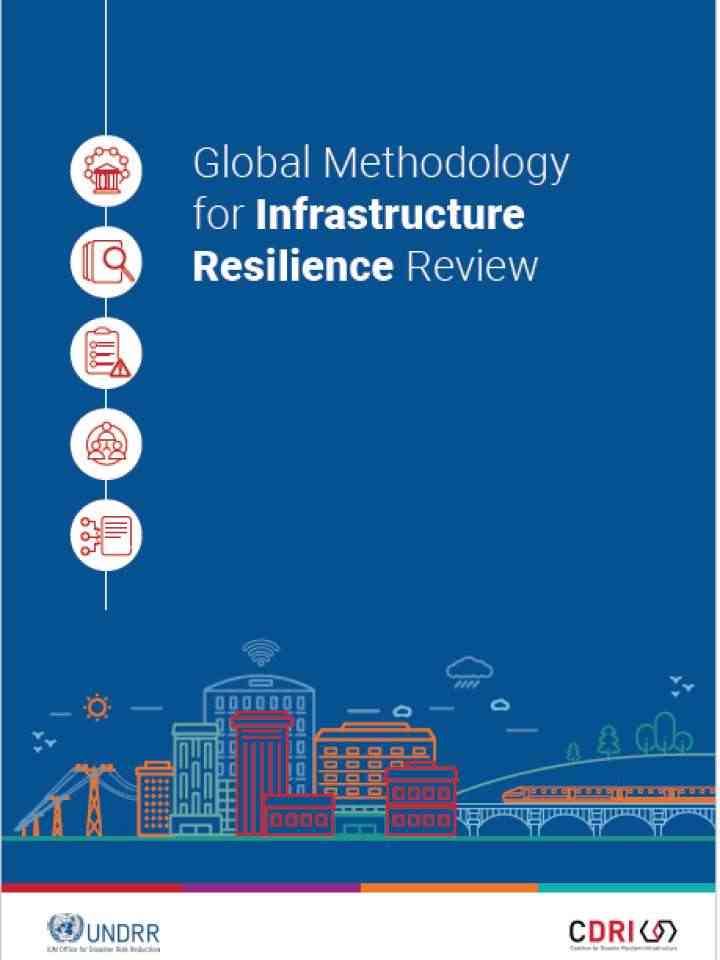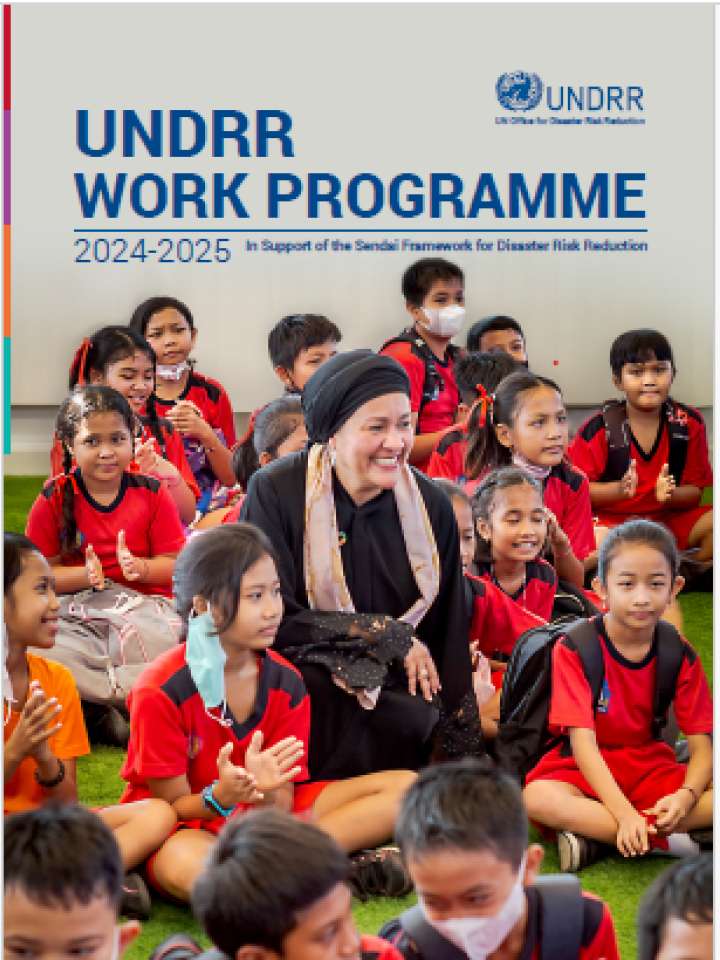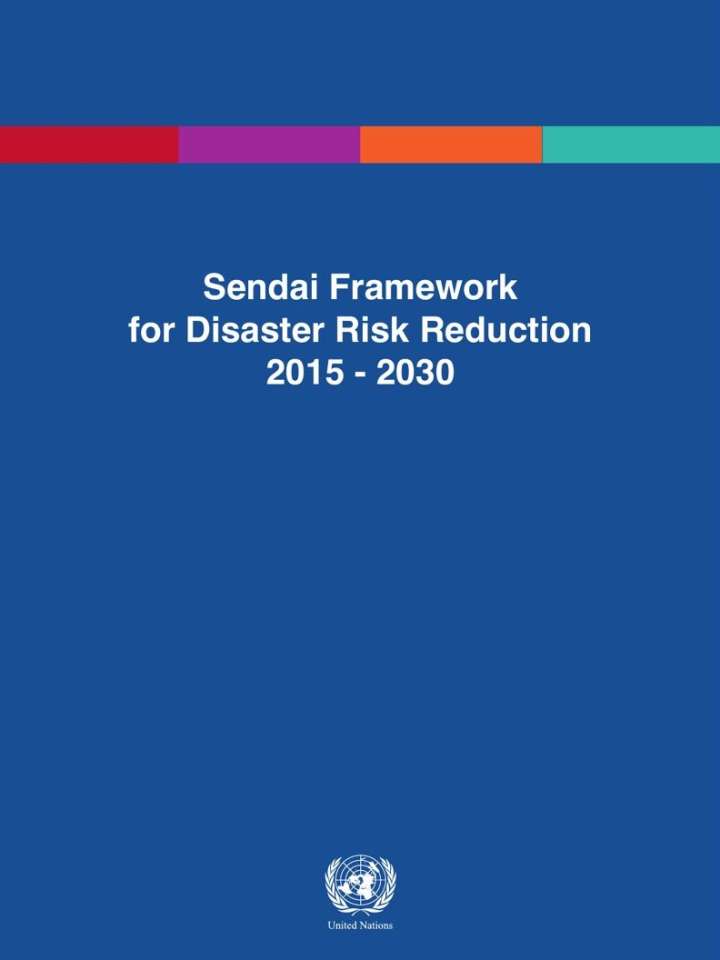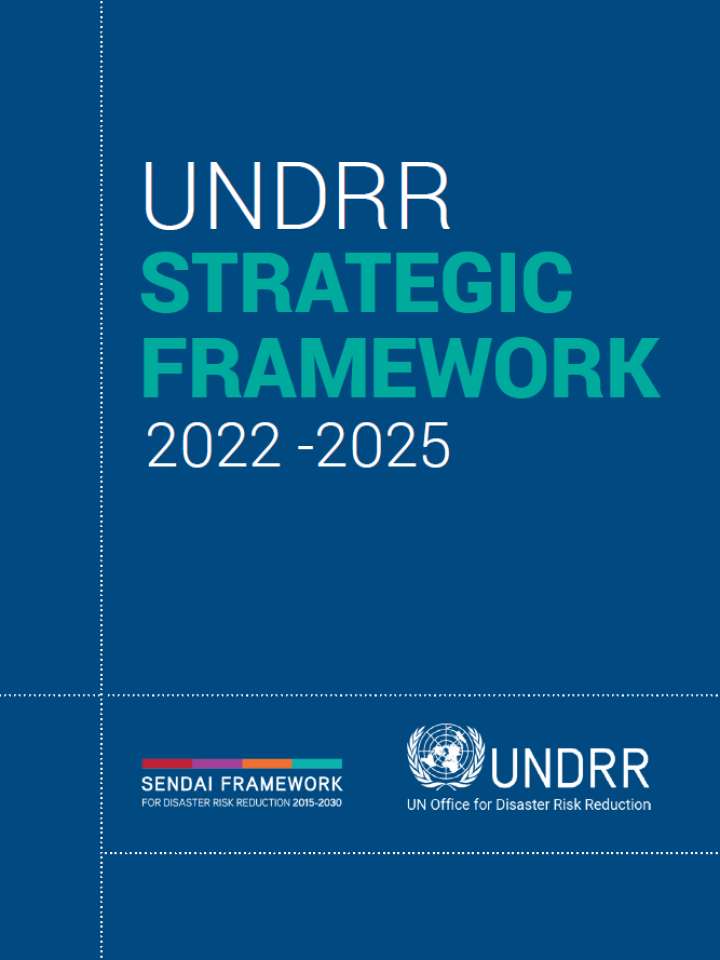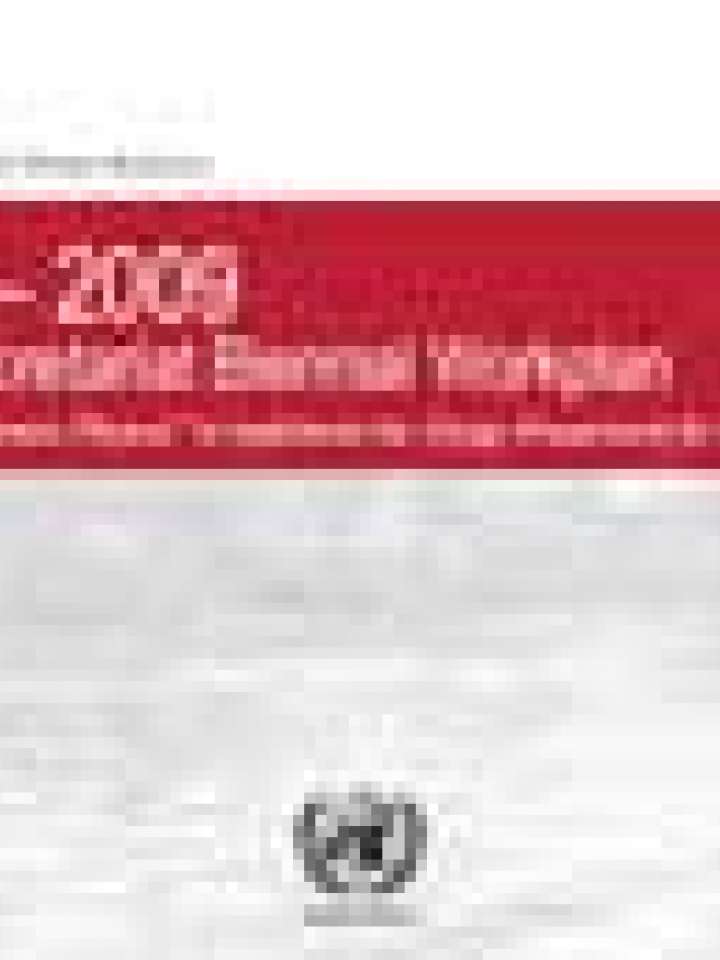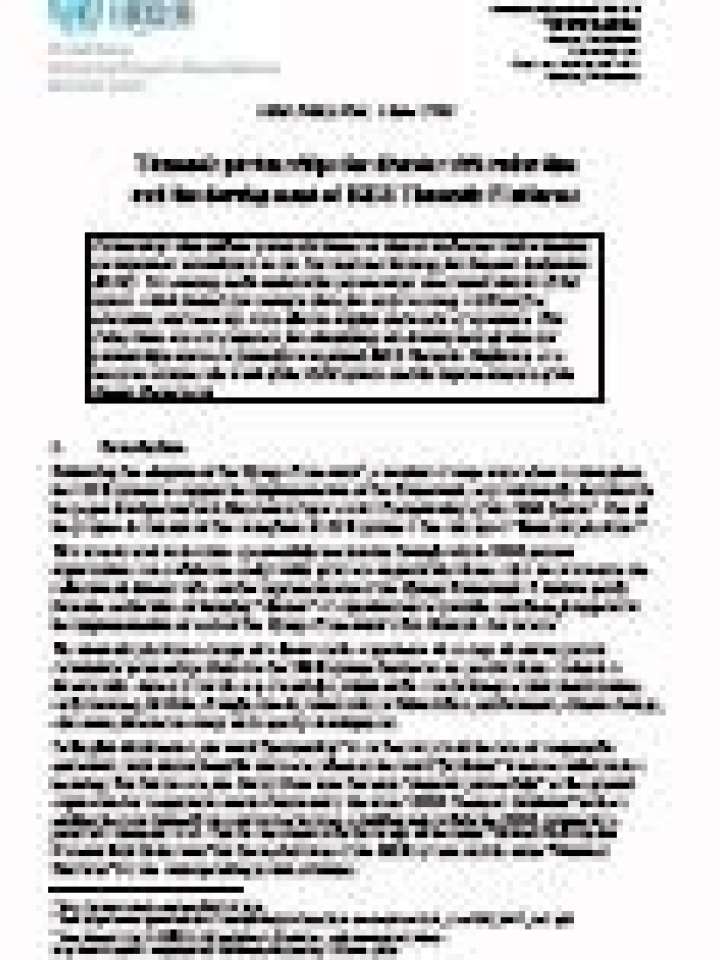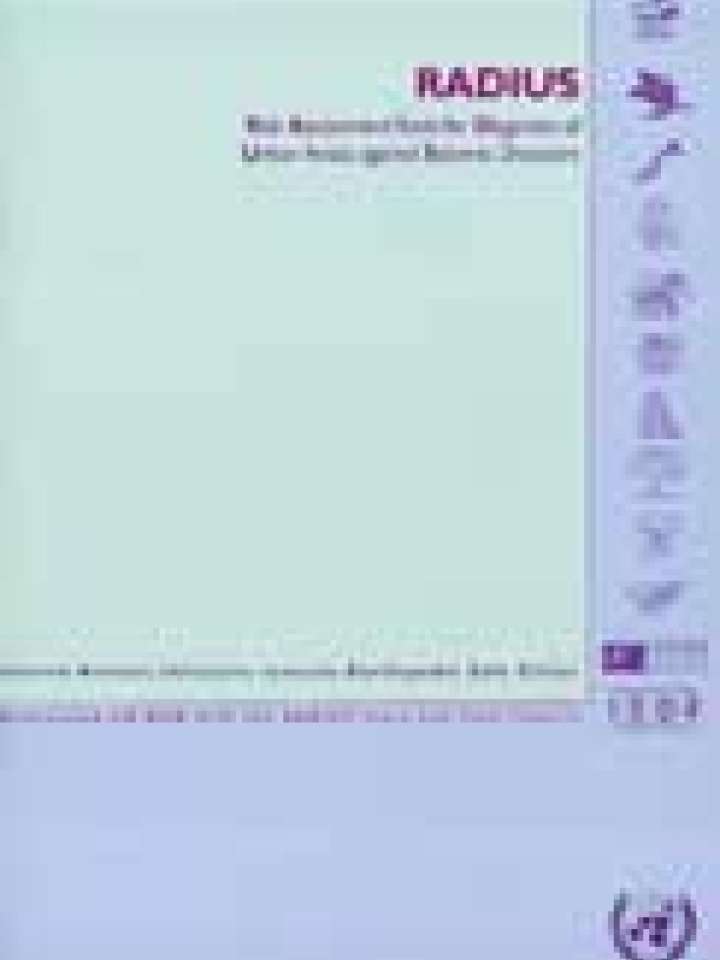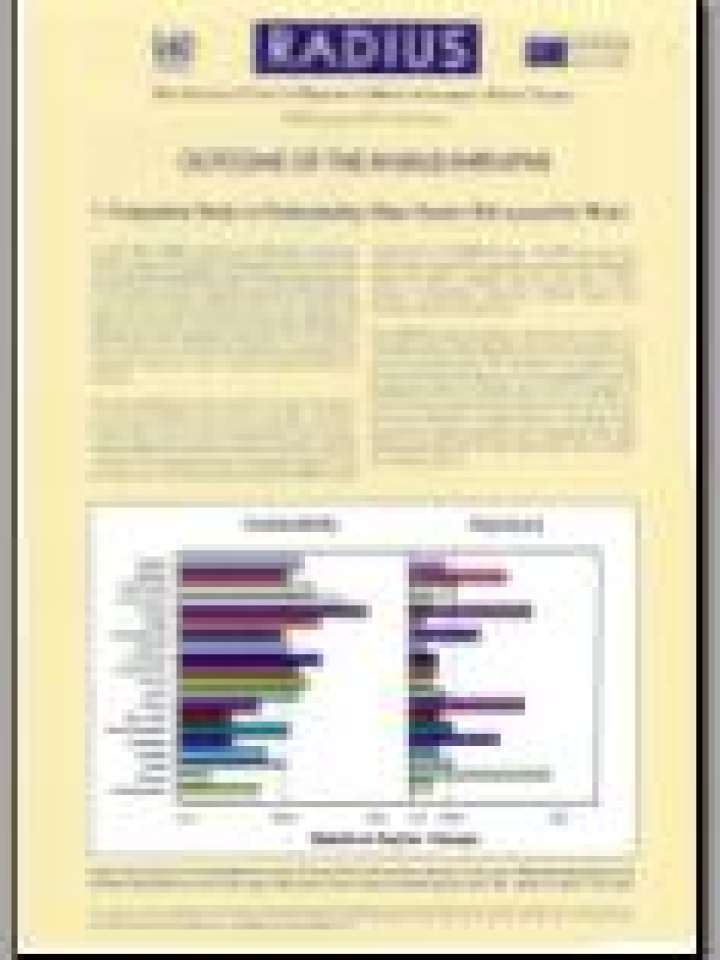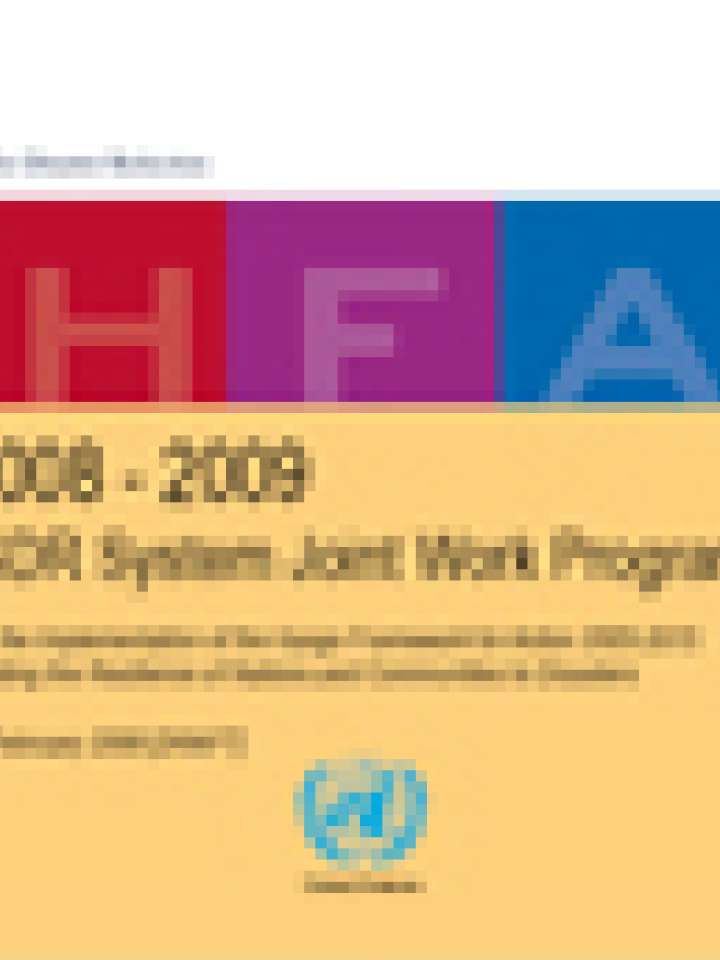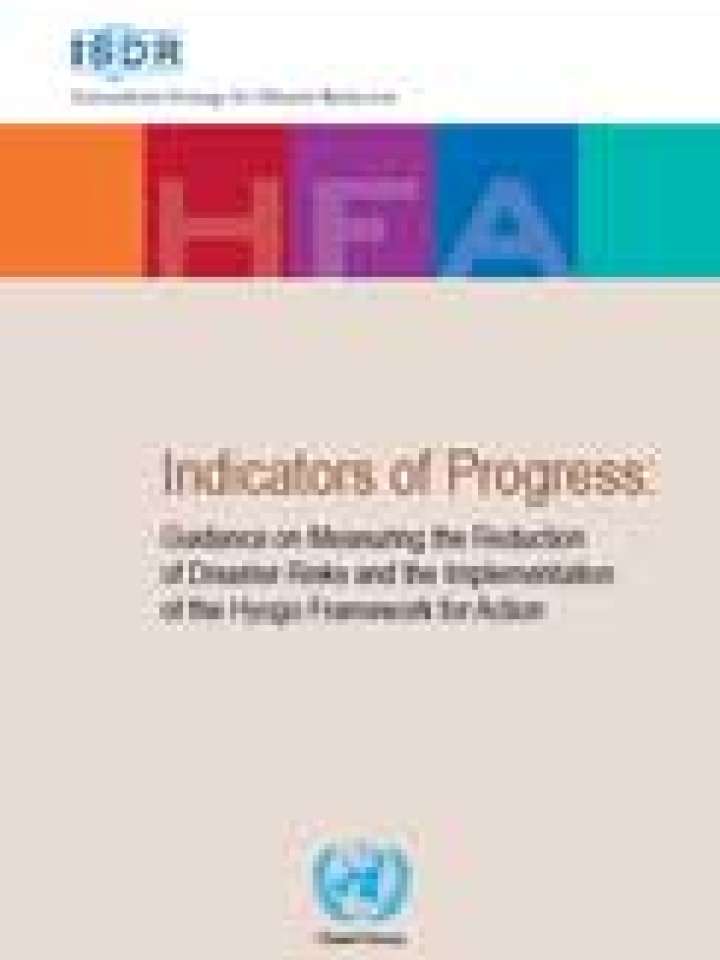Publicaciones de UNDRR
We produce a range of publications by collecting and analysing risk data through a range of tools, knowledge products, and mobilising like-minded partners.
Featured publications
Related on UNDRR.org
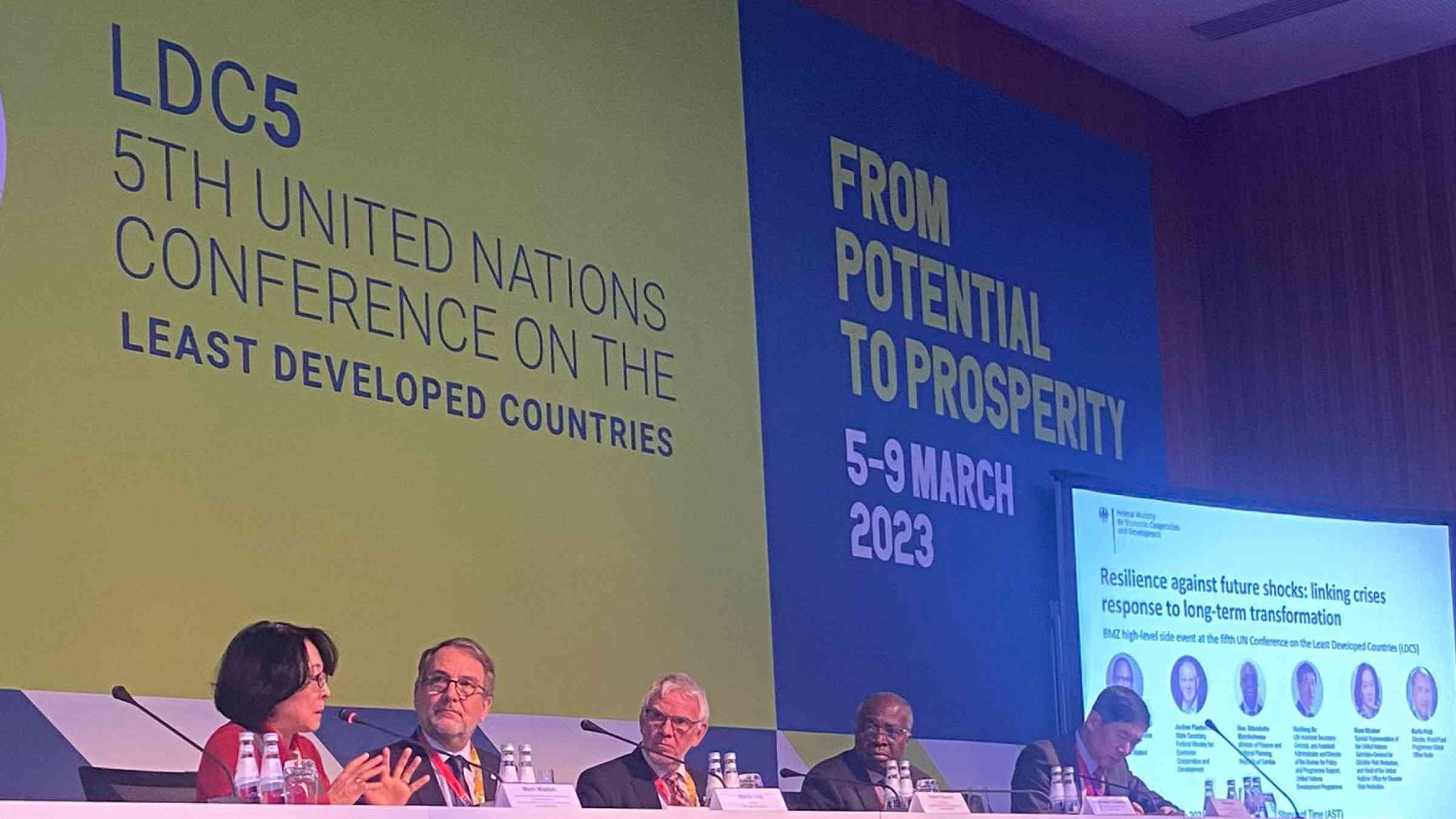
The latest news from the United Nations Office for Disaster Risk Reduction (UNDRR), the lead UN agency for the coordination of disaster risk reduction.

Our communications and advocacy campaigns call for taking action today to protect people and prevent disasters from happening.

Access to a range of multimedia resources related to disaster risk reduction, including news releases, photos, videos, and other materials.
Further UNDRR knowledge offerings
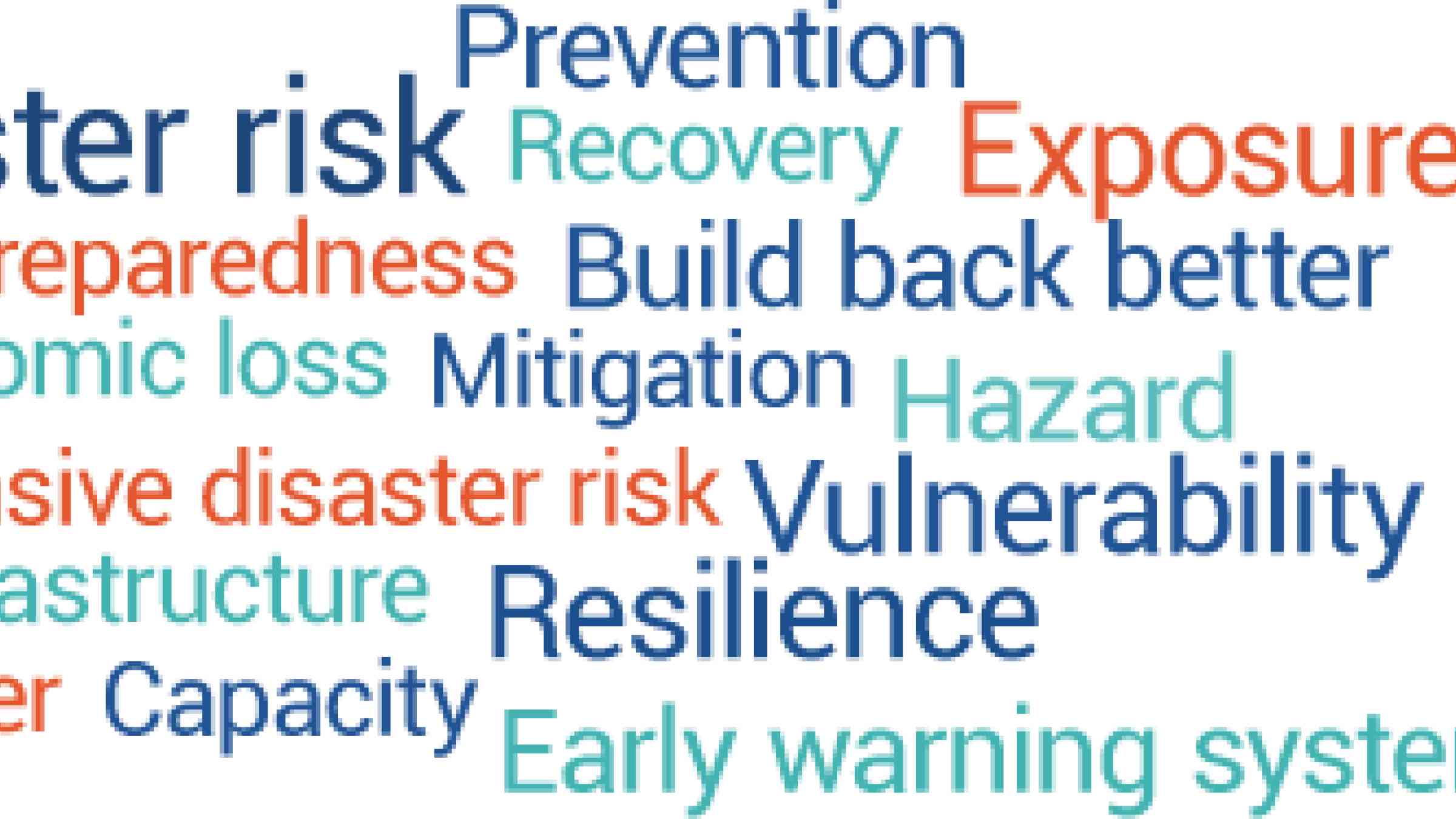
Definitions on disaster risk reduction to promote a common understanding on the subject for use by the public, authorities and practitioners.
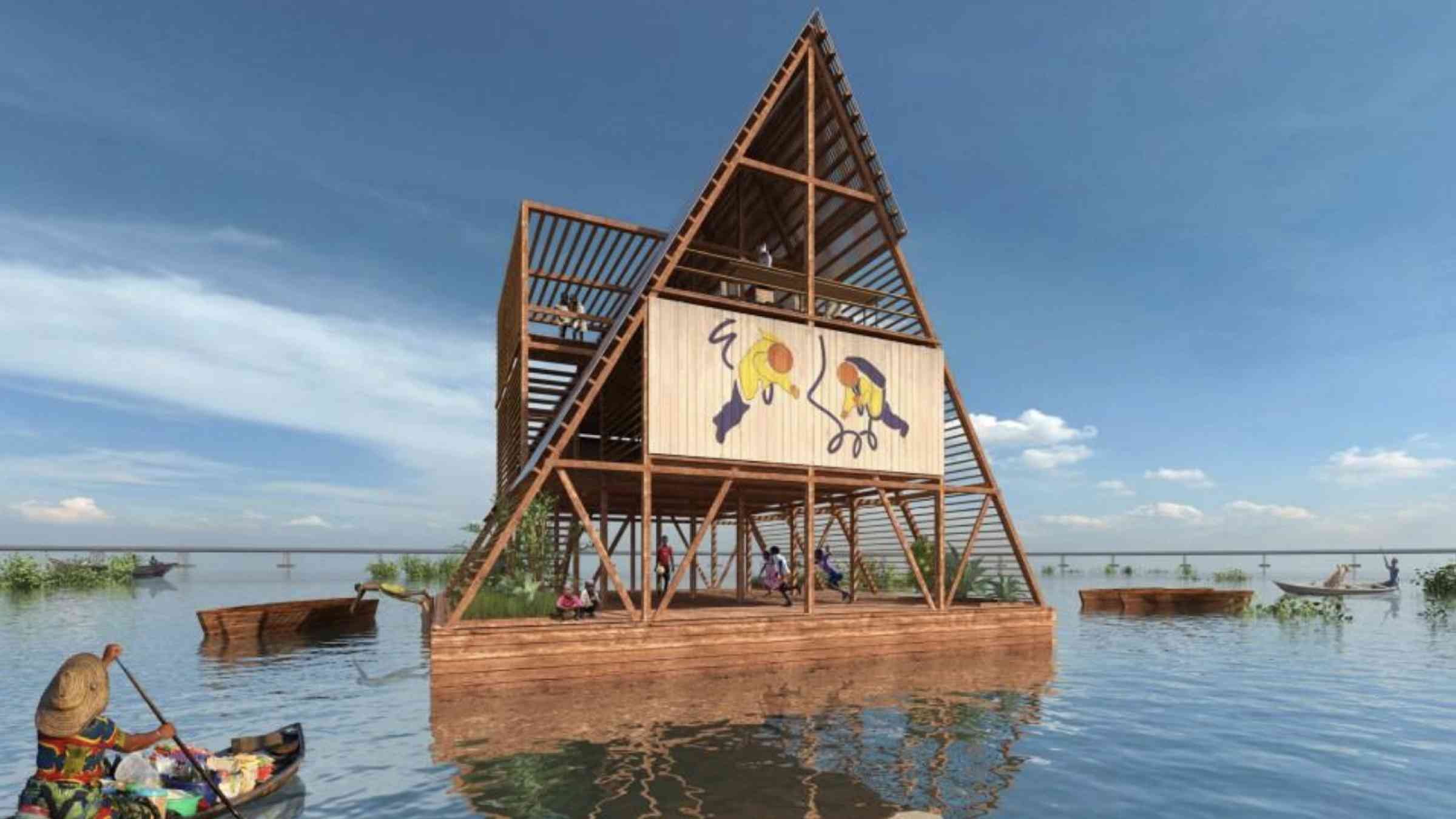
Guidelines, based on global expertise, communities of practice, and networks of Disaster Risk Reduction (DRR) practitioners. The guidelines provide practical, specific advice on implementing a people-centered approach to DRR.
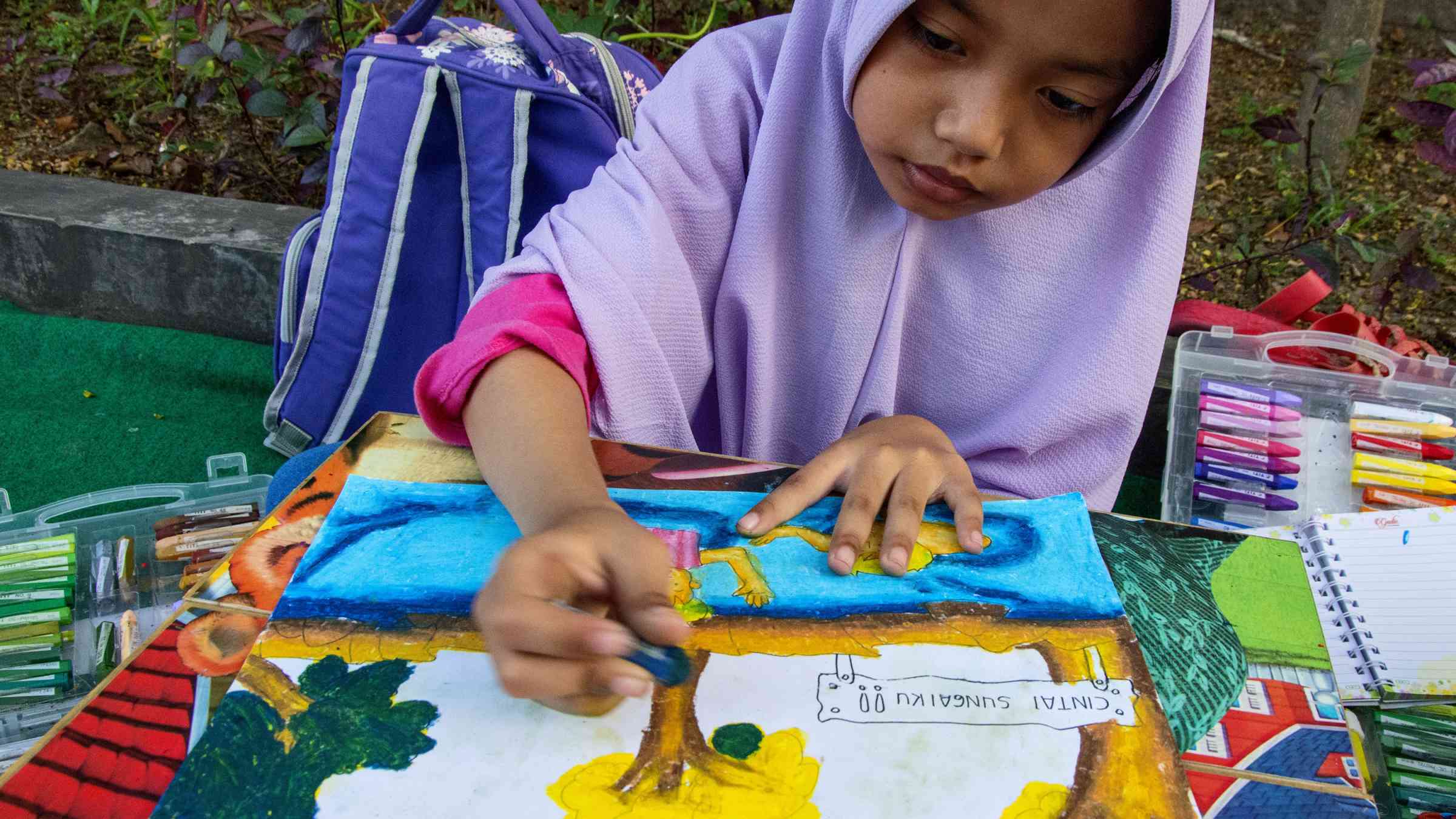
The global knowledge sharing platform for disaster risk reduction and resilience.
